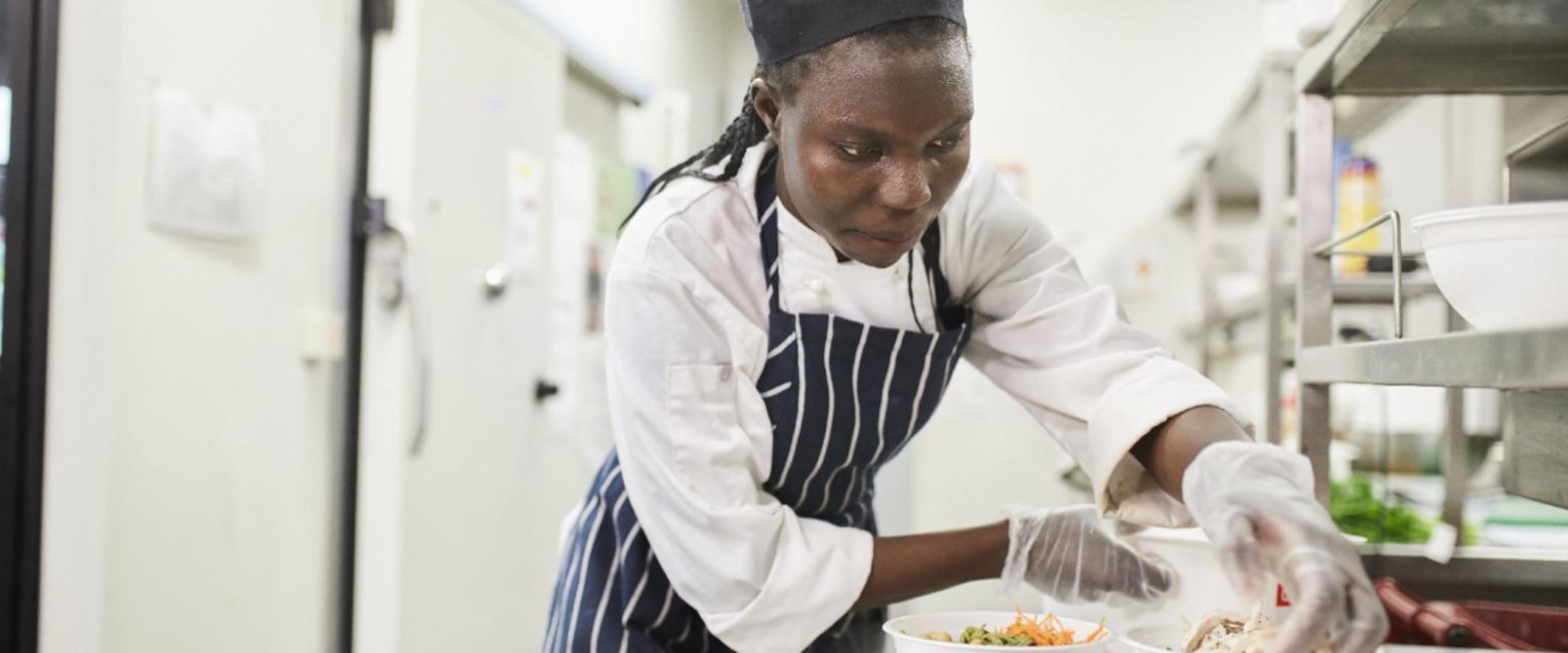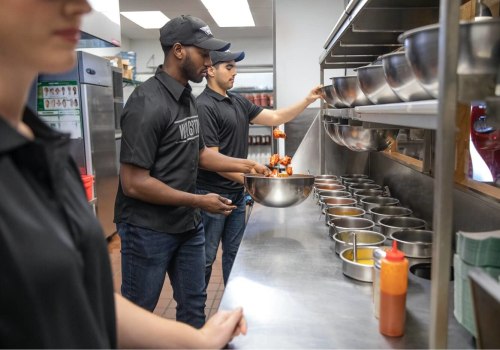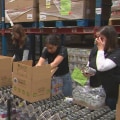A food service worker is a professional who processes food and ensures that the kitchen and dining room are clean and safe. They must also follow strict rules set by managers to maintain a high level of customer satisfaction. Food service workers are employees of restaurants, food trucks, or any establishment that supplies food to customers. They can be assigned to welcome customers, take food orders, prepare food orders in the kitchen, serve food, manage customer payments, clean tables once guests leave, or maintain the cleanliness of the entire store. They can also be assigned to manage inventory, manage stocks and deliveries, and other activities related to successful restaurant operations.
Food service workers must always be hygienic and maintain the sanitation of the area to ensure food safety. It is imperative that food service providers train their staff to handle food properly. All food service workers should wear gloves, unless the gloves prevent proper food preparation. Unfortunately, few food service workers wear gloves when preparing food as they should. Many touch food with their bare hands, assuming that hand washing done hours ago will prevent the transmission of harmful bacteria and other particles that can cause illness.
Food service managers should explain that touching knife handles, cutting boards, pots, pans, trays and other kitchen items can cause contamination. Each of these kitchen items has the potential to harbor germs and viruses. Simply touching the handle of a pan with your hand and then using it to prepare food can spread germs to the diner's food. Employees should also be trained to remove gloves after coming into contact with other potentially germ-laden surfaces. Always have a fresh supply of food preparation gloves on hand so food service workers don't hesitate to discard their used gloves for a new pair that ensures they are germ-free. While a consistent supply of gloves for preparing food will undoubtedly increase overheads, their total cost is minimal compared to the risk of making a customer sick and the financial impact of a food poisoning outbreak.
When it comes to food storage, a surprising number of food service managers wrongly assume that their staff understands the basics. One of the best ways to gain the skills needed to be a food service worker is to take an online course. Food service workers who entered college for a deeper education generally studied business and general studies, while a small population of food service workers studied culinary arts and criminal justice. Otherwise, the widely accepted food safety standard for perishable foods is to store them properly in the refrigerator within two hours or less. Learn how to cook whole plant foods to prepare quick, easy and healthy vegan meals for a practical diet every day. Every job requires different skills, such as portion control, sanitation regulations, steam tables, and kitchen utensils, which may appear on a food service worker's resume.
Food service workers should also be taught to use a thermometer to check the temperature of the local refrigerator and freezer on a regular basis. Too many food service providers make the serious mistake of assuming that people who handle food understand the nuances of proper personal hygiene. Another skill is organization, since the food service worker will need to be able to help the kitchen work effectively. According to some, meat must be cooked well to prevent foodborne illnesses, while others warn against heating food too much in order to prevent the formation of poisonous substances. It's widely assumed that food service workers know the ins and outs of proper food storage simply because they have industry experience. Both food service workers and kitchen assistants include similar skills such as safety regulations, food safety and communication in their resumes.
According to the resumes of food service workers and associate food scientists, some of the skills needed to complete the responsibilities of each role are similar. A food service worker is responsible for preparing and serving food, monitoring stock levels in the kitchen area, and cleaning up any mess during service.









